The Presidency has announced plans to introduce over 2,700 Compressed Natural Gas (CNG) buses and tricycles across Nigeria before May 29, coinciding with President Bola Tinubu’s first year in office.
This initiative aims to revolutionize public transportation, making it cheaper, safer, and more environmentally friendly.
Join our WhatsApp ChannelIn a statement issued by Mr. Bayo Onanuga, the Special Adviser to the President on Information and Strategy, it was revealed that the federal government is poised to establish 100 conversion workshops and 60 refueling sites in 18 states by the end of 2024.
These efforts signify Nigeria’s commitment to joining the ranks of nations with substantial fleets of CNG vehicles.
According to the Presidency, the deployment of CNG-powered vehicles is a significant step towards fulfilling President Tinubu’s vision of providing affordable and sustainable energy solutions. “From the end of May, Nigeria will take some baby steps to join such nations that already have large fleets of CNG vehicles,” said Onanuga.
The initiative, which was launched in October 2023, shortly after the removal of the petrol subsidy, aims to address the challenges posed by conventional fuel sources while promoting cleaner energy alternatives.
With a budget of N100 billion allocated for the purchase of CNG vehicles and conversion kits, the government seeks to alleviate the financial burden on the populace caused by rising fuel prices.
READ ALSO: Senate Warns Tinubu Against Unapproved Use Of CBN Funds For CNG Buses
Furthermore, partnerships with private sector entities have been instrumental in driving the initiative forward. Over $50 million has been invested by private sector stakeholders in refueling stations, conversion centers, and other infrastructure necessary for the widespread adoption of CNG vehicles.
To ensure the safety and reliability of CNG conversions, stringent regulations and standards have been established, with an emphasis on adherence to 80 specified criteria. Additionally, the government plans to provide subsidized conversion kits to operators of petrol-powered buses and taxis, further incentivizing the transition to CNG.
As part of the private sector collaboration, companies like NIPCO and BOVAS are actively involved in offering refueling services and establishing conversion centers across the country. These efforts aim to make CNG readily accessible to both urban and rural communities, thereby democratizing access to clean energy.
Moreover, the Nigerian National Petroleum Corporation (NNPC) Limited, in conjunction with other agency partners, is set to announce the locations of CNG refueling and conversion centers nationwide. This collaborative approach underscores the government’s commitment to fostering a conducive environment for the widespread adoption of CNG vehicles.
In line with the digital age, the Presidential CNG Initiative will launch the MYCNG.NG App, which will serve as a platform for monitoring CNG conversion and refueling sites across the country. This technological innovation is expected to enhance transparency and accountability in the implementation of the initiative.
Furthermore, the introduction of CNG buses and tricycles heralds a new era in Nigeria’s transportation sector, characterized by sustainability and innovation.
By leveraging partnerships and embracing technological advancements, the government aims to achieve its ambitious goal of deploying one million CNG vehicles by 2027, thereby transforming the country’s energy landscape for the better.
Emmanuel Ochayi is a journalist. He is a graduate of the University of Lagos, School of first choice and the nations pride. Emmanuel is keen on exploring writing angles in different areas, including Business, climate change, politics, Education, and others.
- Emmanuel Ochayihttps://www.primebusiness.africa/author/ochayi/
- Emmanuel Ochayihttps://www.primebusiness.africa/author/ochayi/
- Emmanuel Ochayihttps://www.primebusiness.africa/author/ochayi/
- Emmanuel Ochayihttps://www.primebusiness.africa/author/ochayi/

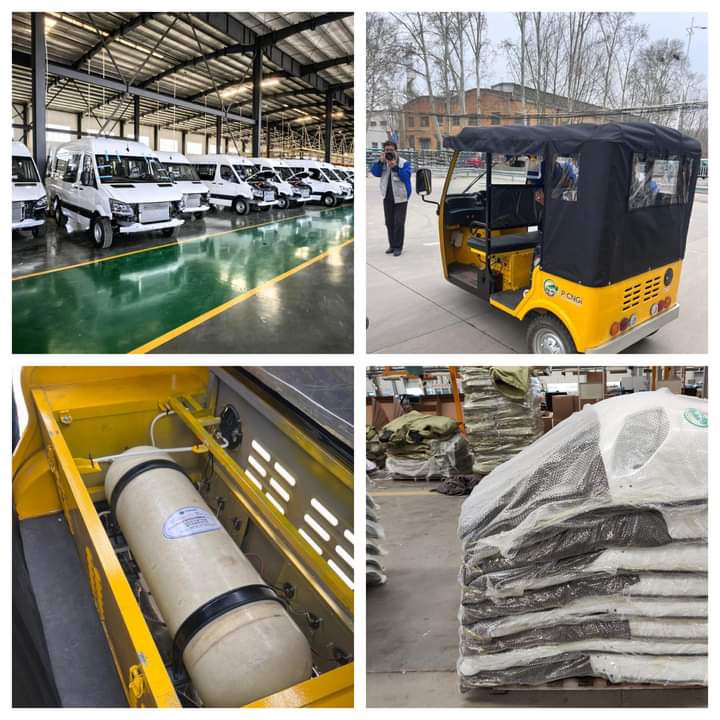



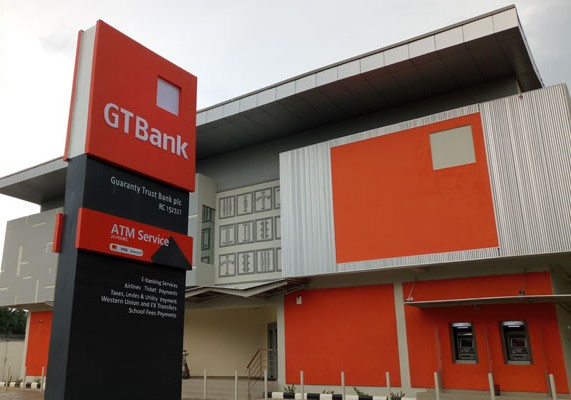
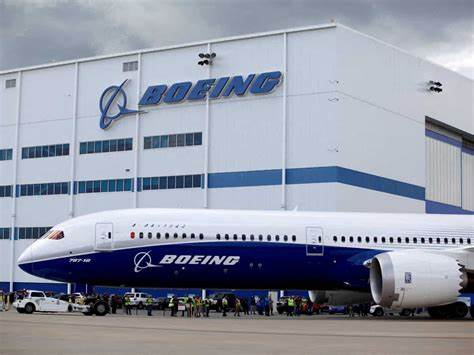







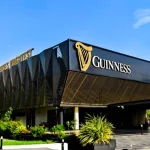


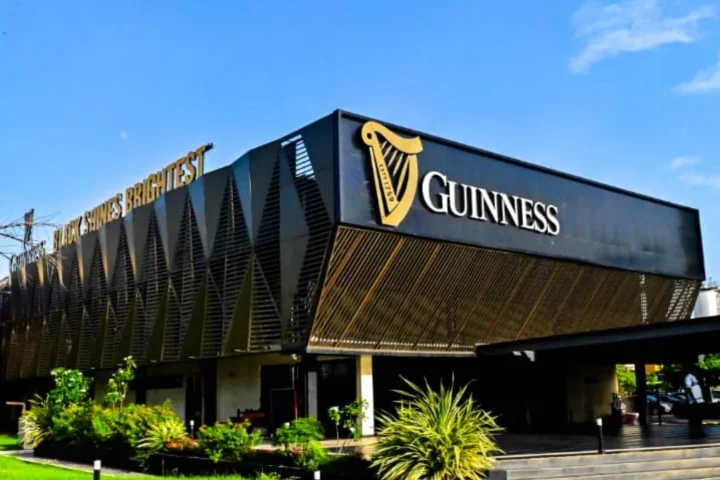
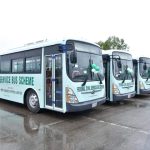
Follow Us